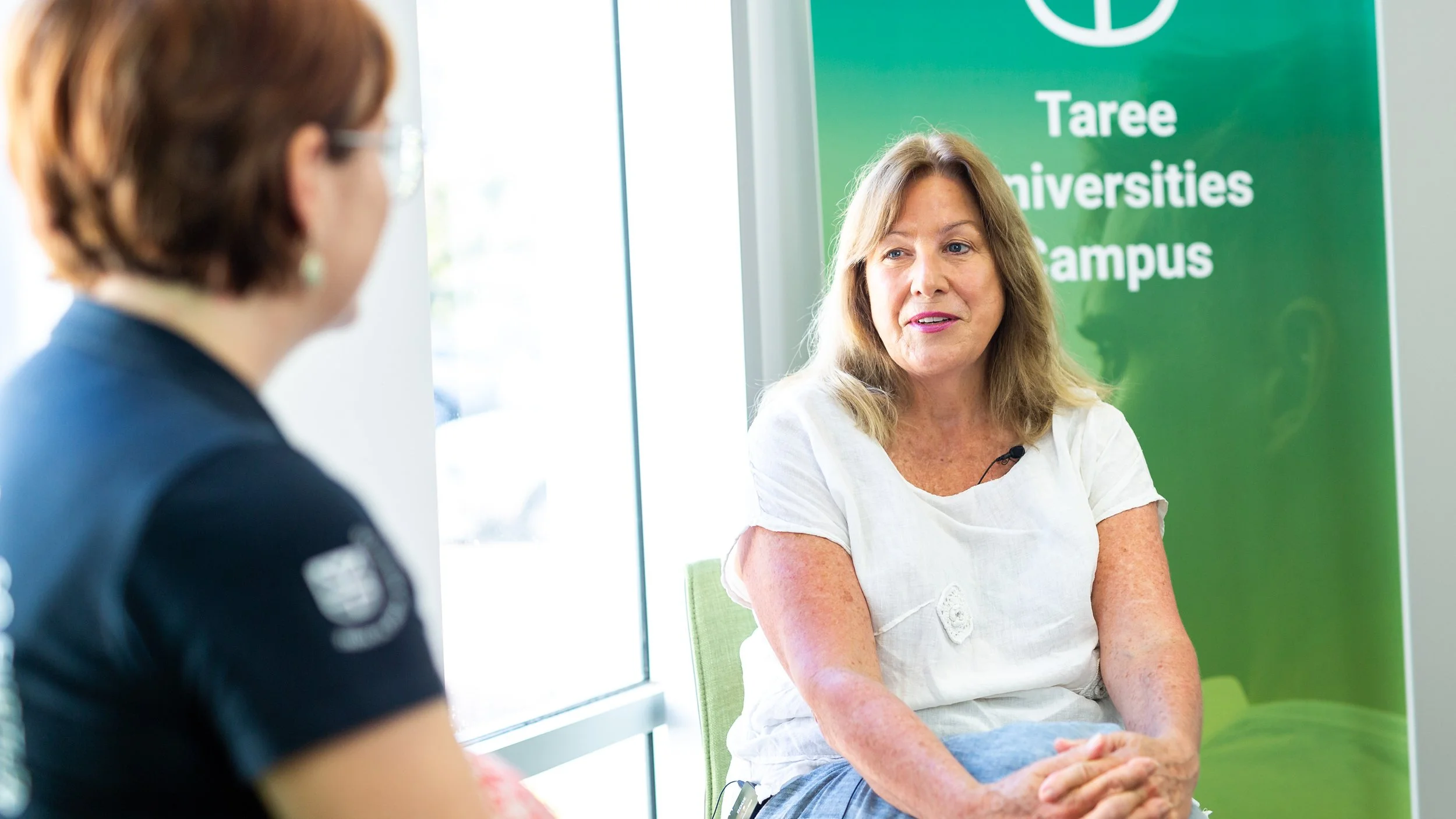Narelle Campbell
Snapshot:
Industry / Sector: Communications / Media, Not-For-Profits, Government
Career Type: Retired & Active in the Community
Education Pathway: University
Mid Coast Connection: Lives on the Mid Coast
The Blurb:
Narelle Campbell’s remarkable career has spanned from high-pressure media roles to leadership in one of the world’s most isolated environments—Antarctica. As a former Station Leader for the Australian Antarctic Division, Narelle’s key to success has always been her ability to listen, observe, and ask the right questions.
These interpersonal skills, honed further through studies in counselling and NLP, have shaped her ability to lead with empathy and insight—traits she continues to bring to her current leadership and mentoring roles in the Mid Coast community.
-
Many of our Human Library participants are happy to continue sharing their insights beyond these videos. Whether it’s a chat over email, a phone call, or even a visit to your school or group, they may be open to offering further advice and perspective.
Every person’s availability is different, so we’ll work with you to find the best way to connect.
Click the link below to get in touch — we’d love to help you
-
Current Role: Retired, with ongoing involvement in leadership and consulting
Key Skills: Listening, observation, asking the right questions
Professional Insights:
Led isolated Antarctic stations for up to 18 months at a time
Relied on observation to detect emotional and behavioural shifts in teams
Career evolved from fast-paced newspaper advertising to people-centred leadership roles
Advice to Younger Self: “Stop and smell the roses.”
Reflection: Wouldn't have listened—was too driven and energetic to slow down at the time
-
"It's very important to be able to listen. Listen for instructions, listen for feedback, observe the body language."
"That’s not just for business, that’s for anything you do—dealing with family, government departments, friends, social—be able to listen."
"Understanding what people were interested in, how people liked feedback, how people liked to be encouraged—that’s where I really started to get that skill."
"I didn’t sit back and wait for things to come to me. If I was interested in something, I’d work out what’s the best way to get to this particular job or career."
"First thing I’d say to my younger self—if my younger self would listen—stop and smell the roses."
-
[0:10] Intro
Hi, my name is Hailey. Welcome to the Human Library video series. In this video series, we speak to people from the local community and hear their stories.
Today, we met with Narelle Campbell. Narelle used to work for the Antarctic Research Division. She tells us all about her skill of listening and observing, and how this has helped her throughout her career.
[0:35] What does your professional life look like at the moment?
Well, I've retired. I have retired, but I still have my fingers in the pie on a couple of things. I'm on the board of TUC, and I'm quite often asked to do special projects for the Australian Antarctic Division.
Up until about a year ago, I was on the station leader selection panel. We would go through all the applications—about 500 of them—and narrow it down to a final 18 after a thorough interview process. We’d then hold a selection centre down in Wilderness, Tasmania. I did that every year or every second year until about a year ago.
So that was my professional life. Now I'm just living at Harrington, doing a couple of projects, and that’s about it. Basically, it’s retirement.
[1:42] Can you describe a skill that has helped you get to where you are in your professional life?
Yeah, definitely. And what that is, is having the listening—the ability to listen and observe and ask the right questions.
Because when—regardless of what position you are in an organization or a business, whether you’re at the top of it or whether you’re in the middle or at the bottom—it’s very important to be able to listen. Listen for instructions, listen for feedback. Observe the body language. So, does what you’re hearing correlate with the body language?
And basically, if that doesn’t quite gel, asking the right questions to get the information that you require, or they require, to do their job. And that’s not just for business. That’s for anything. Anything you do—day-to-day, whether it’s dealing with family, dealing with any government departments, anything—friends, social. Be able to listen. Have that lovely skill of being able to listen and understand where people are coming from.
[2:58] Is there a specific time when listening and observing has been important to achieve a goal?
All the time. So yeah—everything.
To give you an example—because I was station leader for the Australian Antarctic Division—so I was based down on the ice for extended periods of time, you know, minimum 12 months. And the longest period of time was 18 months. No fly in, fly out. So once you’re there, you’re there.
So it’s an isolated environment, and it tests people. And particularly when you’re down to a small winter team of around 16 people or 20 people. So it’s just observing and listening to everyone in the group. Are they travelling well?
There’s a lot of people who just sail through it beautifully, you know? And that environment suits them. They’re fantastic community people. They help everybody out, nothing’s ever a problem. But sometimes, people do struggle. And that struggle—that could relate to getting some bad news from home, or it could be some conflict within the team on the station.
So the observing is: what’s changed? They’re a different person to what they were a month or so ago. They’ve become quieter, a bit more reserved, and a little bit more isolated. So that’s where it becomes very, very important to find out carefully what’s going on for that person.
And having the ability to know when to step in. Because sometimes they could go quiet for a week or two weeks, then all of a sudden they come out of it. So whatever that issue was, it’s been resolved—yeah, resolved for them. But sometimes—so if you jump too quickly, then it could escalate the issue. But sometimes you have to do a jump in.
[4:53] Is this something that you learned on the job as you were going, or did someone teach this to you?
On the job. And later on in my life, in my early 40s, I ended up doing a social science degree, a counselling degree, and a master's in NLP—Neuro-Linguistic Programming. I did that because I’d spent many, many years—like 20-odd years—working for Fairfax Newspapers. And it was a very, very fast-paced, high-energy environment. We had daily deadlines, long hours. It was go, go, go the whole time, but everyone—that’s what the culture was. So it was just work-rated, and there wasn’t a lot of sitting back and understanding people. We had a job, and we had to get it done.
Then I moved across and worked a couple of years for Mission Australia. That culture was totally different. It was a lot more laid-back. That was more about people. And then, while going through my social science degree and the counselling degree, I realised that these skills were just so, so important. It wasn’t just about moving ahead very, very fast, regardless of what was in front of you because you had to achieve your goal. It was more about getting the best out of people—understanding what people were interested in, how people liked feedback, how people liked to be encouraged.
That’s where I really started to get that skill. Also, when I was at Fairfax, the HR Director at the time—who I had a lot of respect for—asked me to come in a number of times to be an observer in some difficult conflict situations. So I was there just observing and taking notes.
Her skills were amazing. She had to deal with some very, very difficult situations and some very challenging people. But her skills in being able to keep the situation calm, allowing them to talk, her questioning to get more information out so they felt they were being listened to and understood—that was, I was blown away by those skills. So that's part of the reason why I ended up doing the social science and counselling degrees—because I saw the benefit of that, of how you do get the best out of people.
[7:33] What do you love about your professional life so far?
I’ve been very fortunate. Very fortunate. But I’ve also been very passionate about what I do and quite driven as well. So I didn’t sit back and wait for things to come to me. If I was interested in something, I’d work out, “What’s the best way to get to this particular job or career?” And you do it in a respectful way.
[8:01] What’s one piece of advice that you would give your younger self just starting out?
First thing I’d say to my younger self—if my younger self would listen—is: stop and smell the roses.
Because in my earlier years of my career, I was very fast-paced. I loved my job. This is when I was actually working here at the Manning River Times. I started off selling advertising—absolutely loved it—and then got into marketing and promotions and circulation. Very, very fast-paced.
And then when it came to time off—whether it was straight after work, weekends or holidays—I’d be out in the bush. I’d be scuba diving, kayaking, climbing, hiking. I never stopped. It was just go, go, go the whole time.
Even when I worked and lived in Sydney, Friday afternoon I’d be in the car going straight up to the Blue Mountains to go canyoning and hiking. And as soon as it was holidays, I’d finish work at 5:00, be on an international flight by 8:00, and then I’d arrive back so many weeks later at 6:00 in the morning, straight to work at 8:30. I didn’t want to waste any time. I didn’t need any downtime.
So it was always fast-paced—but that’s just the way I loved it. I think now, if I told myself—if I was to give myself some advice as a younger self—I would say, just slow down and smell the roses. But I also know I wouldn’t have listened to myself. I definitely wouldn’t have. That’s just the way you are—and, you know, a lot of energy and a lot of spirit.
Please note: All content is correct at the time of recording.


